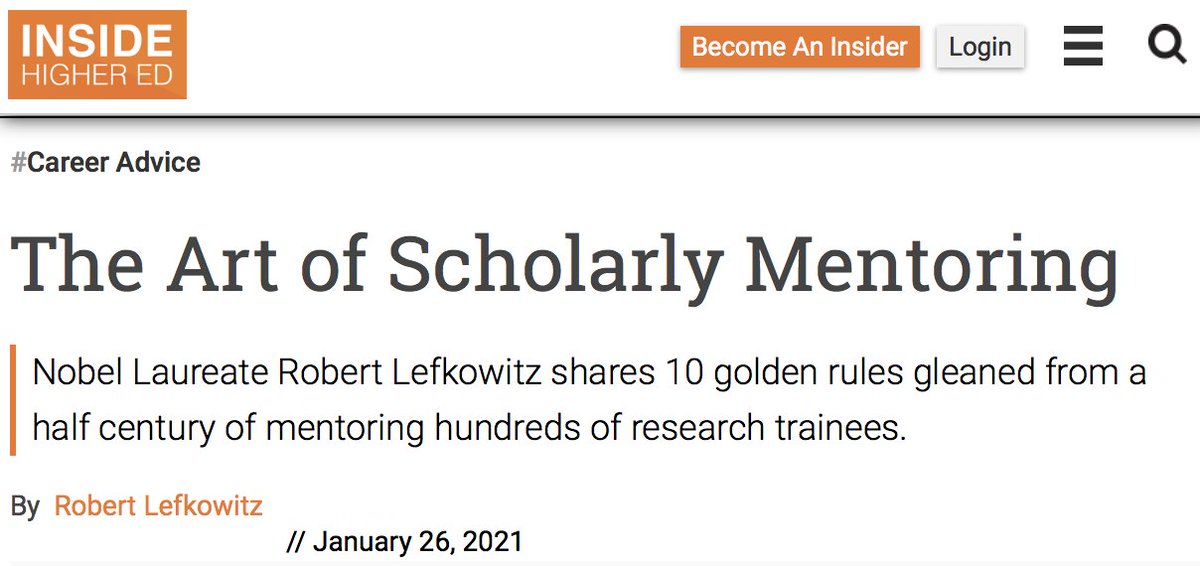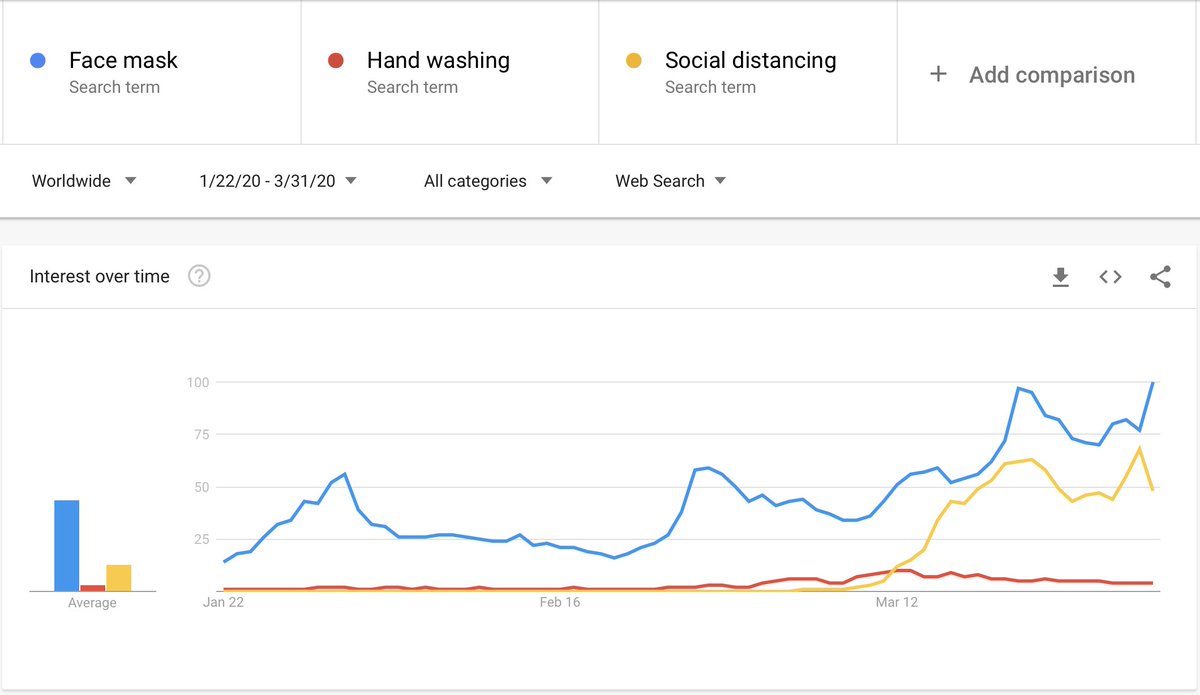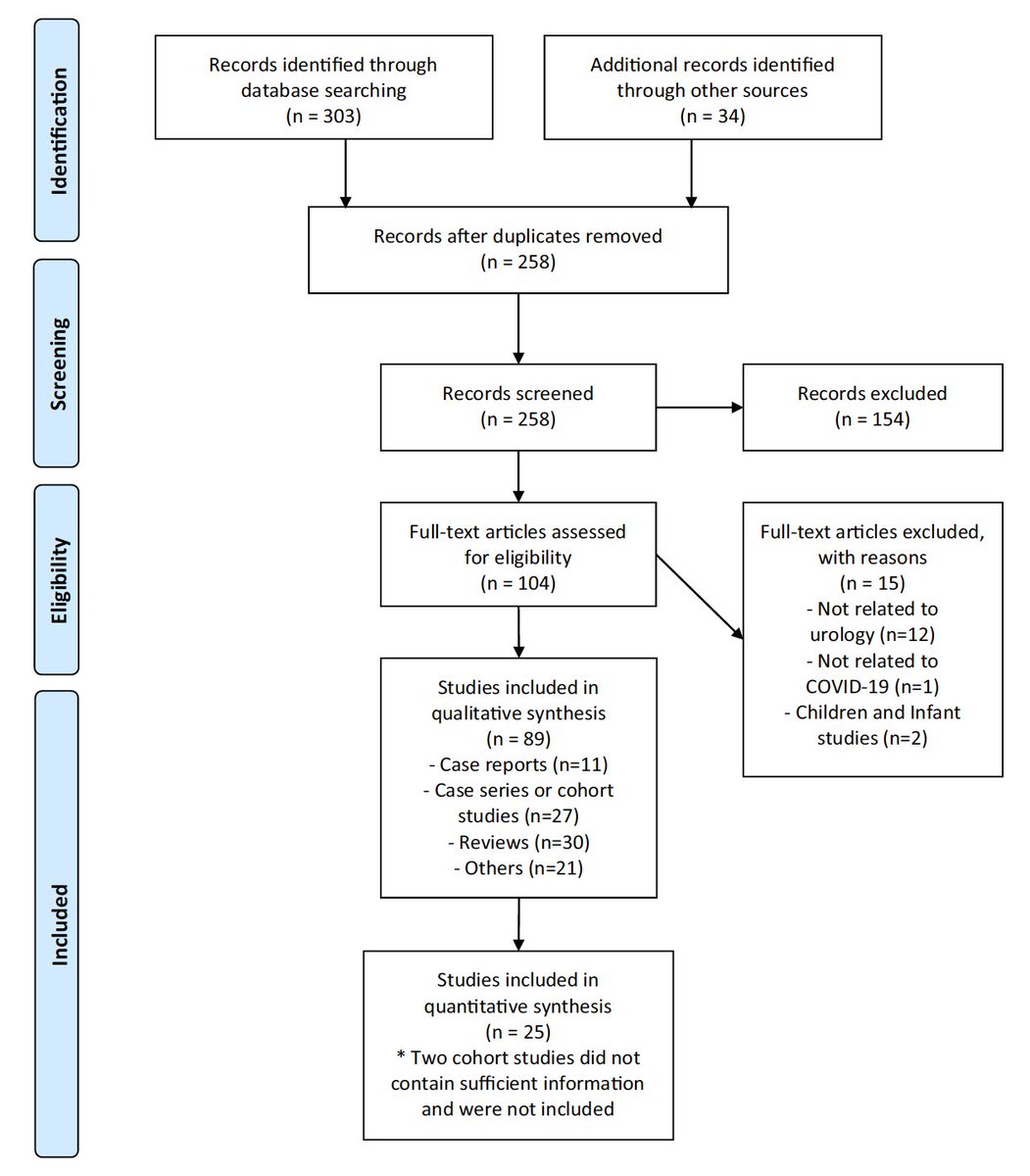
Our paper on #Manels in Urology just published @EUplatinum. For those who do not believe #Manel is a major problem in urology, I sincerely encourage you to read this. (1/n) Free download link: authors.elsevier.com/a/1dBNY14kplnU… 

In this study, we reviewed one year of conferences/webinars organized by major urological associations and societies. We investigated the overall proportion of #Manels, which was defined as the composition of all-male chairs/moderators plus all-male speakers. (2/n) 

Among the 285 meeting sessions being included, 63.5% of them were #Manels! The mean percentages of male faculty were mostly >85% across different associations/societies, and >85% across the different subspecialties. (3/n) 

'Manel' sessions had higher number of chairs/moderators, speakers and faculty than 'Non-Manel' sessions. There was a significant difference in terms of the organising association/society, but no significant difference was noted in terms of topic by subspecialty. (4/n) 

Among the 1037 faculty, 86.8% were male. Male faculty had longer mean years of practice and more likely to be professors than female faculty. Male faculty were more likely to be urologists, and female faculty were more likely to be non-urologists or nurses. (5/n) 

In order to analyze whether male and female faculty with similar levels of academic merits received equal amount of opportunities, we compared their mean number of sessions, stratified by quartiles of publications, citations and H-index. (6/n) 

We found that Male faculty in the lower quartile of publications / H-index had more opportunities than female faculty. With increasing publications, citations and H-index, the differences between male and female faculty became insignificant. (7/n) 

Our study confirmed that there was a lack of female representation in major urology meetings. Manels were consistently demonstrated across major urological associations/societies. We should take a lead in actively promoting diverse representation in future meetings. (8/n) 

While the formation of #Manel could be subconscious, and might not be intentional or personal, we must take an extra step to stand up for gender equity. We must embrace the goal of gender balance in future meetings. Promoting diversity will only make our world a better one. (9/n) 

This is the most disheartening project that I've ever been involved in. I am convinced that #Manel is a major problem in urology. Just read the data and judge yourself. Please RT and share with the people around you! Recognising a problem is the first step in solving it. (10/10) 

Please unroll @threadreaderapp
Thank you all authors @D_Castellani @mercaderclaudia @albasierrad @wroclawski_uro @UroOnco @Cacciamani_MD @JGomezRivas @2fabiosepulveda @declangmurphy @onco_uroloog @LoebStacy @MariaJRibal for making this happen! #UroSoMe
• • •
Missing some Tweet in this thread? You can try to
force a refresh


















